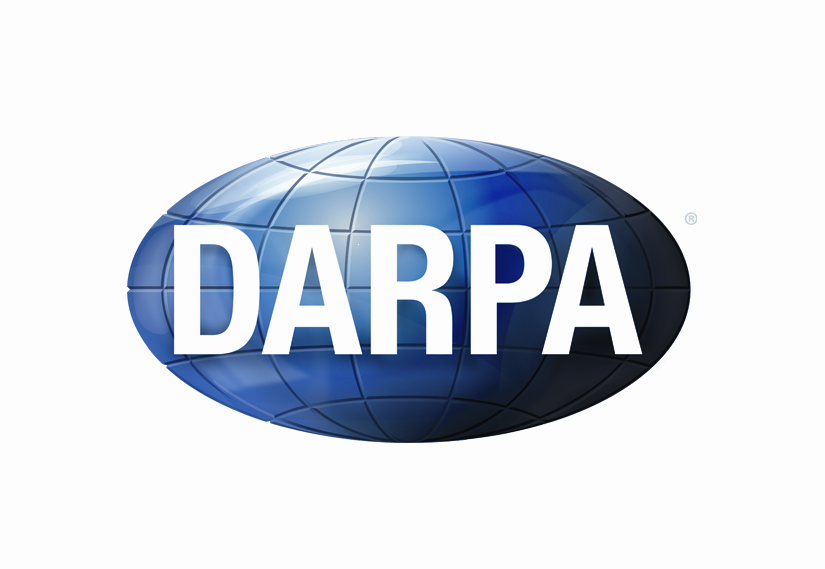Early Investigator Research Award – HT942524PRPEIRA
- Level 1 (Postdoc) – up to USD$200,000 over 2 years
- Level 2 (Junior Faculty) – up to USD$500,000 over 2 years
- letters of intent due 17 July 2024
- supports Parkinson’s research for ECRs within 10 years of advanced degree or residency training completion
- Level 1 – Postdoc – applications must include at least 1 mentor
- Level 2 – Junior Faculty – mentor not required but encouraged
- must address at least one of the focus areas
- preliminary data required
- clinical trials not allowed
- Document– Funding Opportunity: HT942524PRPEIRA_GG
Investigator-Initiated Research Award – HT942524PRPIIRA
- up to USD$2M over 3 years
- letters of intent due 17 July 2024
- Supports highly rigorous, multidisciplinary, high impact research projects that have the potential to make an important contribution to PD research.
- This award mechanism supports the full spectrum of research from basic science through clinical research.
- Partnering PI Option available
- must address at least one of the focus areas
- preliminary data required
- clinical trials allowed
- Document – Funding Opportunity: HT942524PRPIIRA_GG
Focus Areas
- Biological mechanisms or biomarkers (eg fluid, imaging, tissue, devices) of unmet medical needs that could lead to the development of treatments for PD. Applications focused on laboratory models through to human participants would be considered. Examples of unmet medical needs of interest include, but are not limited to:
- Non-motor symptoms:
- Cognitive
- Psychiatric
- Sleep and circadian rhythms disruptions
- Autonomic
- Motor symptoms:
- Tremor
- Gait and balance
- Dystonia
- Dyskinesia
- Non-motor symptoms:
- Interventions that address unmet medical needs that include both clinical and preclinical models. Examples of interventions of interest include, but are not limited to
- non-pharmacological
- surgical
- non-surgical devices
- non-invasive central nervous system stimulation
- biologicals
- pharmacological

